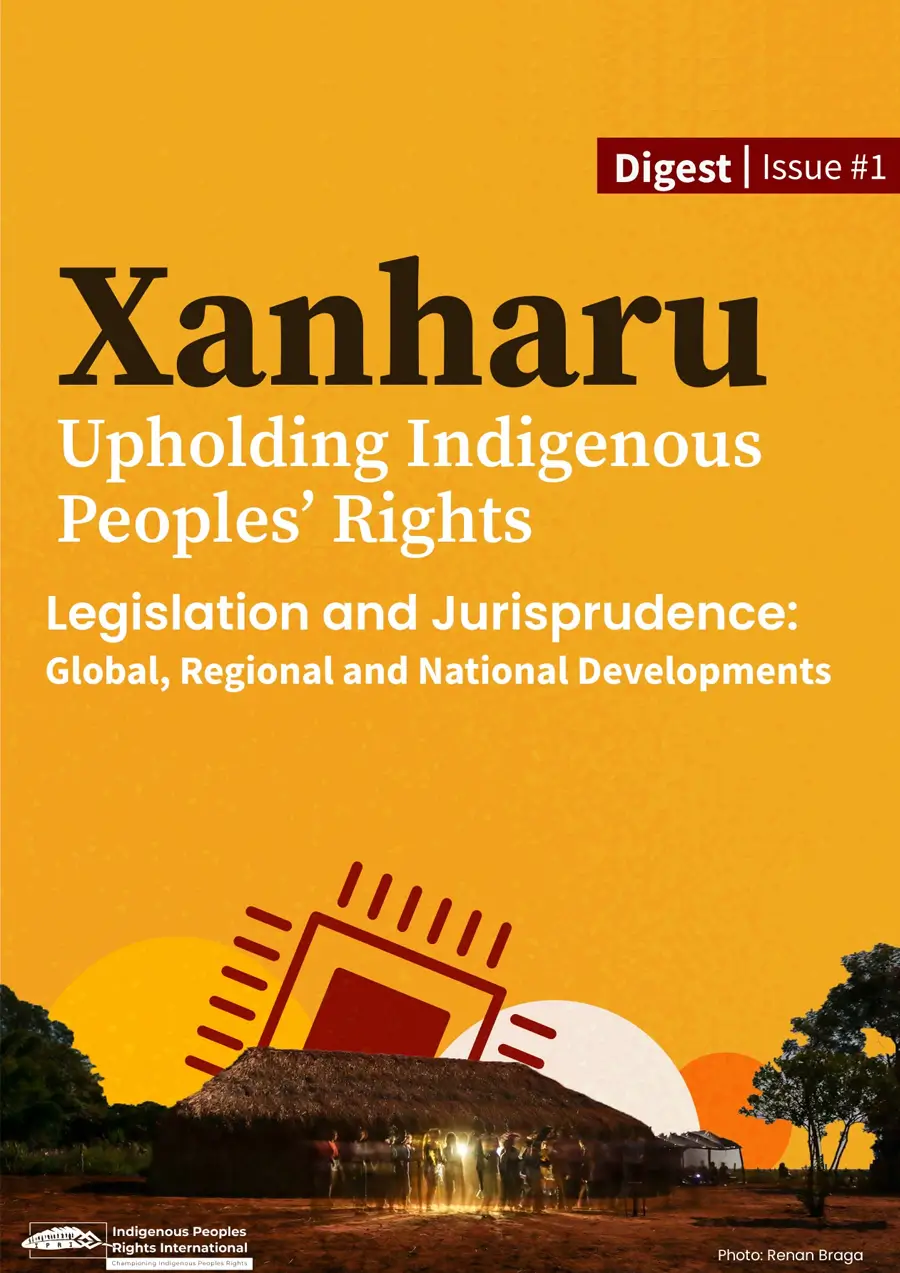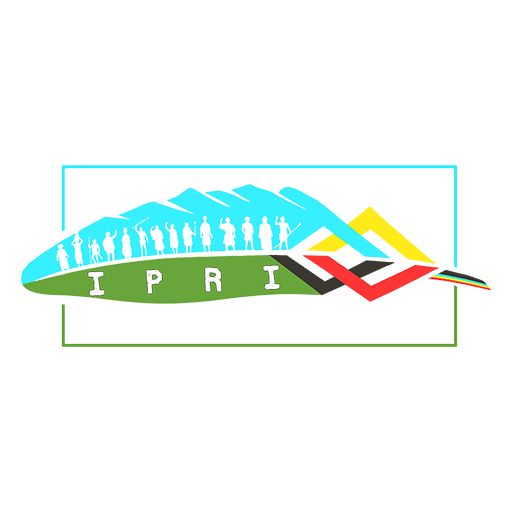Despite this milestone achievement of Indigenous Peoples, their rights continue to be violated in law and practice in many parts of the world. However, more and more legislation and jurisprudence affirming the rights of Indigenous Peoples, especially to their lands, territories, and resources, to self-determination and to their cultural heritage, are being issued by different authoritative bodies in line with the UNDRIP and with universal and regional human rights treaties.

IPRI believes that sharing this information with Indigenous Peoples, their allies and others will drive increased awareness and understanding about Indigenous Peoples’ rights as an integral part of human rights law, where states have the duty to recognize, respect, protect and fulfill those rights in domestic law and practice. We hope it will also inspire policy makers, judges, prosecutors, lawyers and others to give increased attention to Indigenous Peoples’ rights to eliminate systemic discrimination and social injustice committed against Indigenous Peoples. Finally, we hope it will also encourage and strengthen Indigenous Peoples’ commitment and actions in advancing the realization of their rights in law and practice.
This Digest will be a regular publication of IPRI and will soon be integrated in the IPRI website with search functions.

